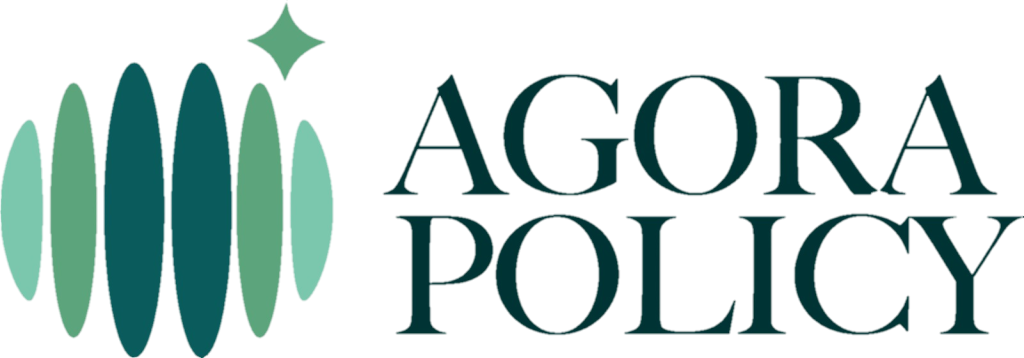Policy Note

- Details
- Policy Note
![]() By Bolaji Abdullahi | The students’ loan scheme is, arguably, the flagship education policy of President Bola Tinubu in his first year in office. However, by focusing only on the loans without bringing the entire issue of higher education funding into full focus, government has only paid attention to the branch, rather than the tree itself.
By Bolaji Abdullahi | The students’ loan scheme is, arguably, the flagship education policy of President Bola Tinubu in his first year in office. However, by focusing only on the loans without bringing the entire issue of higher education funding into full focus, government has only paid attention to the branch, rather than the tree itself.

- Details
- Policy Note

- Details
- Policy Note
By Adedayo Bakare | On his inauguration day on 29th May 2023, President Bola Tinubu declared Nigeria open for business.
The immediate priority of the then new government was the removal of petrol subsidies to repair government's finances, which had been damaged by a heavy debt burden.

- Details
- Policy Note
By Kabir Adamu | Nigeria’s governing All Progressives Congress (APC) has been prioritising the task of improving national security since it won federal elections for the first time in 2015. However, after almost nine years of steering the affairs of Nigeria, the party is yet to fully tame the scourge of insecurity, which remains a critical challenge to the country and its citizens.

- Details
- Policy Note
By Remi Aiyede | On 11 July 2024, the Supreme Court of Nigeria ruled on a case brought by the Federal Government concerning the autonomy of the local councils as the third tier of government.

- Details
- Policy Note
By Adele Jinadu | The problem of corruption in Nigeria is fundamentally a problem of democratic political governance and has to be approached as such in view of its negative consequences for human development in the country, as outlined in Chapter II of the country’s constitutions since 1979. The political nature of the problem of corruption is clearly underscored in the principles of the African Union Convention on Preventing and Combating Corruption (AUCPCC).[1]


